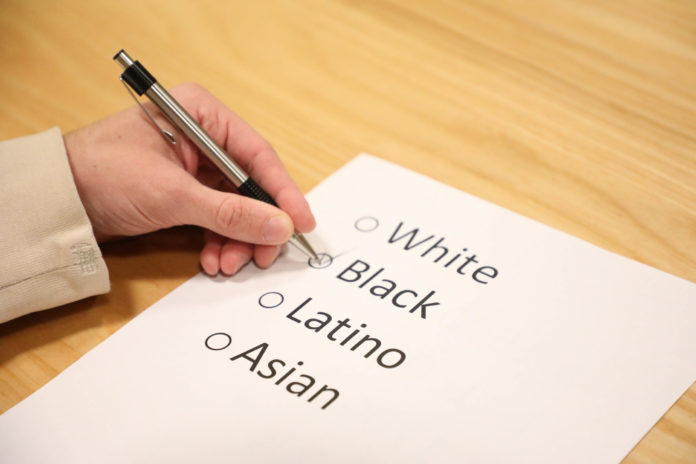
By Ana Ruiz Brictson | Staff Writer
Results from a survey done and analyzed by Intelligent have shown that 34% of those who took the survey lied in their college applications about their race, falsely stating they were part of a minority group.
The survey was taken by 1,250 white Americans, all older than 16, and showed several key takeaways from the published results.
“It’s always a hot topic, just because admissions are so competitive,” Beata Williams, a contributor to Intelligent said. “I think people are always looking for an angle to get into a better school.”
Results revealed that the main reason those who lied in their applications did so was to increase their chances of getting into a particular college. Half of those surveyed also said they lied to take advantage of minority-focused financial aid.
Intelligent also reported that lying varied across different age groups, with a higher percentage of people who lied being 16-24 (41%) and 35-44 (43%).
“I think that past behavior or past trends are good indicators of future behaviors and future trends,” Williams said. “So I think that the idea behind asking students who are a little bit older or who had been at least out of school for a little bit longer, the intention was probably that you would get more honest answers, honest feedback from them and then fewer repercussions.”
Intelligent also reported that 77% of those who lied in their college applications got accepted. Out of the people who got accepted, 85% did believe that lying about their race was what got them into the school.
Elizabeth D. Palacios, Ph.D., special assistant to the vice president for Student Life for Division Diversity, Equity, Inclusion and Belonging, said she thinks there are a lot of myths that if a student is a minority, they will get different scholarships, grants and priority for admissions. She said this is not true since legally, there cannot be a preference for ethnicity and race.
“As far as financial aid assistance, we know that financial aid is based on the student’s household need, academic standing and maybe some scholarships that are created to assist underrepresented students,” Palacios said via email.
According to Palacios, Baylor asks for students’ race and ethnicity for their records while they attend Baylor. Palacios has also been in charge of minority scholarships at Baylor in the past and has seen students who belonged to a minority, marked ‘white’ and later decided to apply for those scholarships.
“Then you have some students who marked ‘white’ and were a minority but chose not to mark it because of potential stigma associated with being different,” Palacios said.
Palacios said the office decided it was not going to question the information provided. Palacios also said being a student of color is hard enough because of the hardships they sometimes feel from being different at a university.
“When we disregard the importance of accepting our underrepresented students, the message to our students is, ‘I have to give up my culture or my heritage to fit in,’ and that’s a whole different dynamic,” Palacios said.
According to Palacios, the Intelligent survey deepens the myth that underrepresented students get undeserved priorities and preferences for college admissions and financial aid.
“According to our college demographics, we still are clearly behind in college graduation and graduate program enrollment for students of color,” Palacios said. “We still have much work to do, and surveys like this deflect the reality that white students still have many advantages and success and that underrepresented students still fall behind in graduation and the attainment of graduate degrees. The more that we can focus on the success of all students, the better our world will be.”





